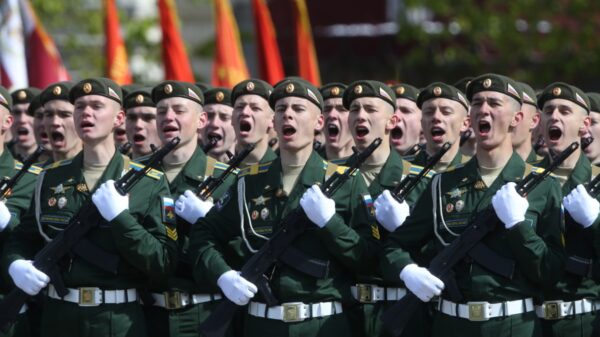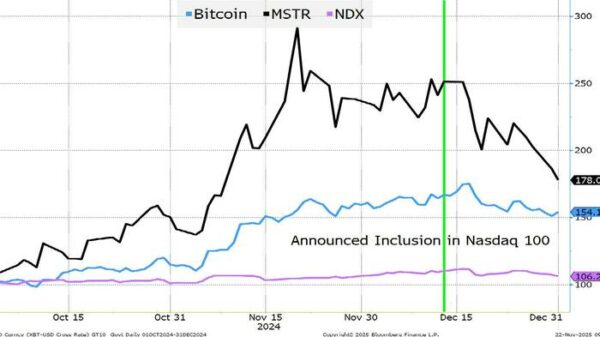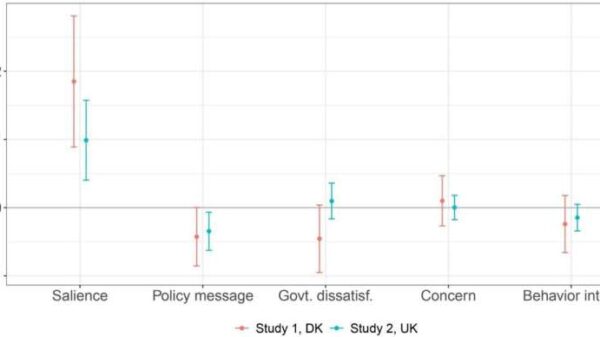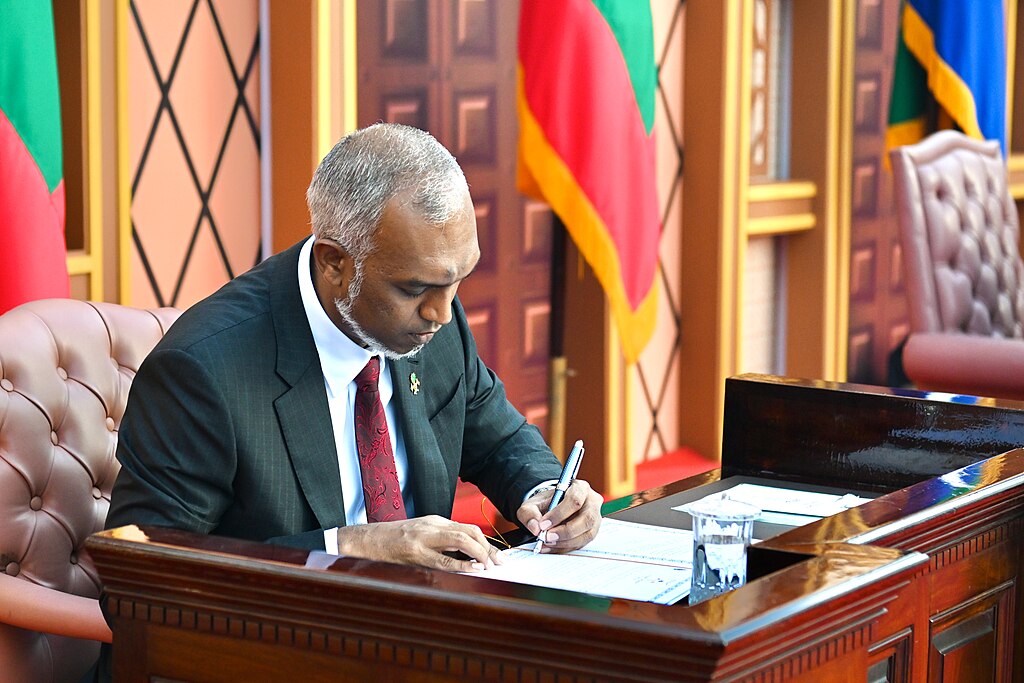A coalition of nine rights organizations has called on the Maldives to reject proposed legislative amendments that would reinstate the death penalty for drug trafficking. On Wednesday, the organizations issued a joint statement expressing their concerns about the inhumane nature of capital punishment, which they argue contradicts international human rights standards.
The statement follows an announcement by Dr. Mohamed Muizzu, President of the Republic of the Maldives, indicating he has instructed a review of amendments to the Drug Act (No.17/2011). This bill, initially presented to Parliament in December 2024, aims to introduce the death penalty for individuals convicted of drug smuggling. The government asserts that this move is part of its broader strategy to strengthen punitive measures against the growing illicit drug trade.
According to a report by the Maldives Bureau of Statistics, the country has seen over 50,000 drug-related cases recorded between 2016 and 2023. This upsurge in drug incidents has intensified public pressure for tougher measures. Rights organizations, however, argue that reinstating the death penalty would violate the Maldives’ obligations under the International Covenant on Civil and Political Rights (ICCPR), to which the nation is a signatory.
The groups emphasize that introducing the death penalty is in direct violation of Article 6(6) of the ICCPR, which advocates for the abolition of capital punishment. They highlight that the Maldives’ approach runs counter to its duty to protect the right to life, a principle fundamentally enshrined in international law. The United Nations has previously stated that the right to life is paramount and that any justification for depriving individuals of this right must be strictly interpreted.
The UN guidelines suggest that capital punishment should be reserved for the most serious crimes, specifically those that involve intentional killing. Expanding its application to lesser offenses such as drug trafficking dilutes international human rights standards and risks arbitrary deprivation of life.
While drug trafficking poses significant moral and legal challenges, it does not meet the threshold for the imposition of the death penalty. Advocates for human rights argue that the belief that capital punishment deters crime is outdated and unsupported by evidence. They contend that integrating the death penalty into a democratic legal framework to combat drug trafficking is unjustifiable.
Moreover, the death penalty often disproportionately targets low-level couriers, such as drug mules, while those orchestrating the drug trade remain unscathed. Advocates assert that effectively dismantling the drug trade necessitates a comprehensive approach that targets the kingpins, rather than solely focusing on subordinates. Such a strategy would not only address the symptoms of the problem but also strike at the heart of the drug trafficking networks.
As the Maldives considers these legislative amendments, the call from rights organizations serves as a critical reminder of the importance of aligning national policies with international human rights obligations. The debate over the death penalty in the context of drug trafficking underscores the complex interplay between public safety and human rights, a balance that nations around the world continue to navigate.




































































